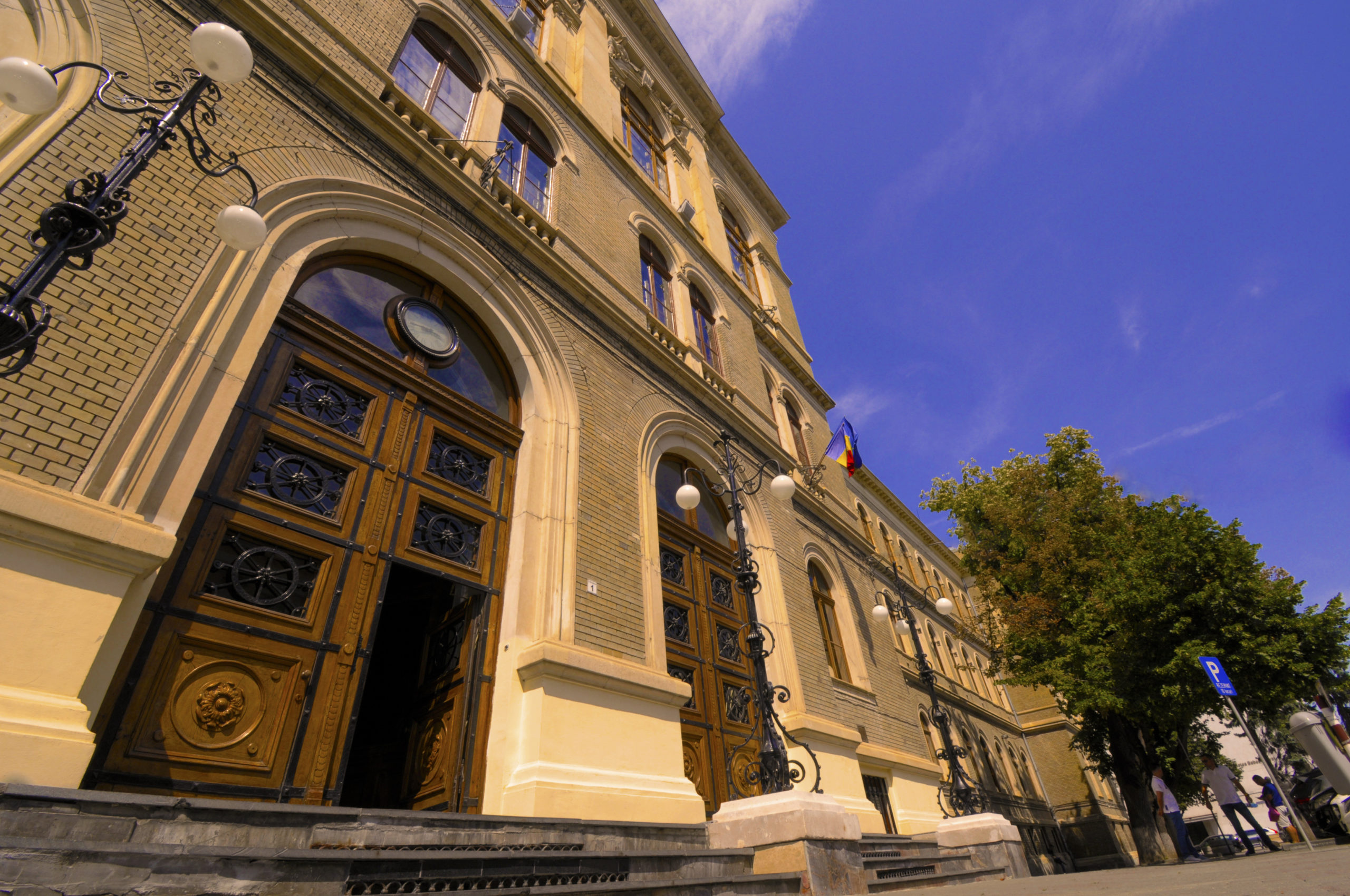
Babeș-Bolyai University in Cluj-Napoca (UBB) is the first Romanian university to be granted 5 stars after the QS STAR international audit of the British company Quacquarelli Symonds (QS), the company responsible for the QS ranking of world universities, one of the highest standards among university rankings.
QS***** is granted to a global university, a world-class university – a five star world class university in several academic fields, having a high reputation and advanced academic facilities, as well as a world-renowned education and research staff (”A typical five stars university is generally world class in a broad range of areas, enjoys a high reputation and has cutting edge facilities and internationally renowned research and reaching faculty”).
This result – which is not a ranking, but a comprehensive assessment – confirms, regardless of us, what we have been stating for a while, and that is that UBB is among the globe’s world class universities, a global university, of international renown. Such a university is a global stakeholder, it contributes to international science and competitiveness, but it also uses this aspect to guarantee the country’s and the region’s competitive advantages. It’s like being in the Champions’ League! Nonetheless, we are not naïve and we are aware that, among the “champions”, we are not close to having the performances of the best or those performances we strive for. Therefore, we must now consolidate our position and acquire as best a position and as stable as possible for the next few years. In the medium and long term, the target will be to reach QS*****Plus, proving an aspirational elite level!, said the UBB Rector, Prof. Daniel David.
The UBB Rector went on to saying that this result is not unexpected, the world-class platform has been being explored since 2016, and explicitly owned as an objective in the ProUBB+ programme of 2019/2020. Moreover, for several years, UBB has been ranked in first positions within the country in global and field international rankings, ranked constantly among the first 5% world universities; this is how the country’s youth can receive a quality education at largely accessible costs, using an advanced academic infrastructure (e.g., RDI units integrated within the European networks, modernised and integrated didactic laboratories using virtual/augmented/mixed reality via the UBB-EON-XR Center etc.), without having to leave abroad for their studies. Finally, UBB has academic groups with leaders among the first 1% (WoS) or the first 2% (Scopus) of the most cited scientists in their respective fields, or in all areas combined; such areas attract students and faculty from abroad, and render the country competitive at an international level.
In his last remarks, the rector added that we insisted in having this international audit to receive an objective diagnosis in relation to the international quality standards, so that we may then conceive evidence-based academic policies. This is an important aspect in countries where the evaluation systems are not yet very advanced and/or strongly anchored in the most complex international practices and/or for universities adhering to or firmly anchoring in the most advanced international academic practices and standards. In this sense, UBB also inspired other universities around the country, who then followed in UBB’s footsteps of 2018, and we hope we may encourage to do so the same.
The International QS STAR audit make a comprehensive analysis of a university considering eight (8) dimensions: (1) Teaching, (2) Employability, (3) Internationalisation, (4) Research/Development/Innovation, (5) Academic facilities/(online) Non-traditional teaching, (6) Academic specialisations, (7) Arts and culture, (8) Innovation.
More on the QS STAR methodology here: http://www.iu.qs.com/wp-content/uploads/2013/01/QS-Stars-Brochure_2013_.pdf. Assessed universities may choose whether the audit result is made public or not, but often universities with unsatisfying results regarding their commitments choose not to make them public, and rather use them as a diagnosis for internal development policies (e.g., over half of the evaluated universities scored 0, 1 or 2 stars during the first analysis of 2012).
***
UBB is the university with the oldest academic tradition in Romania (began 440 years ago, in 1581), thus representing the largest academic community in the country (over 55,000 people, in 15 towns/21 municipalities and 13 counties). Also, UBB has the most complex academic profile in Romania, with three lines of study – Romanian/Hungarian/German – , and several programmes taught in English and French, with fields ranging from arts to Humanistic sciences, social sciences, life and nature sciences, mathematics, informatics, engineering/technology, offering the most complex theological study offer on the continent. Since its foundation, UBB has been part of the group of prestigious and reference universities in Romania, and is today the best ranked among global universities (in general and on fields); during the past 5 years is has been holding first position in the country within the University Metaranking which combines the major international univeristy rankings. Since 2020, UBB has been accepted into The GUILD, as the most representative university in South-Eastern Europe; The GUILD is the organisation of some of the most prestigious ”world-class/research-intensive” European universities.

